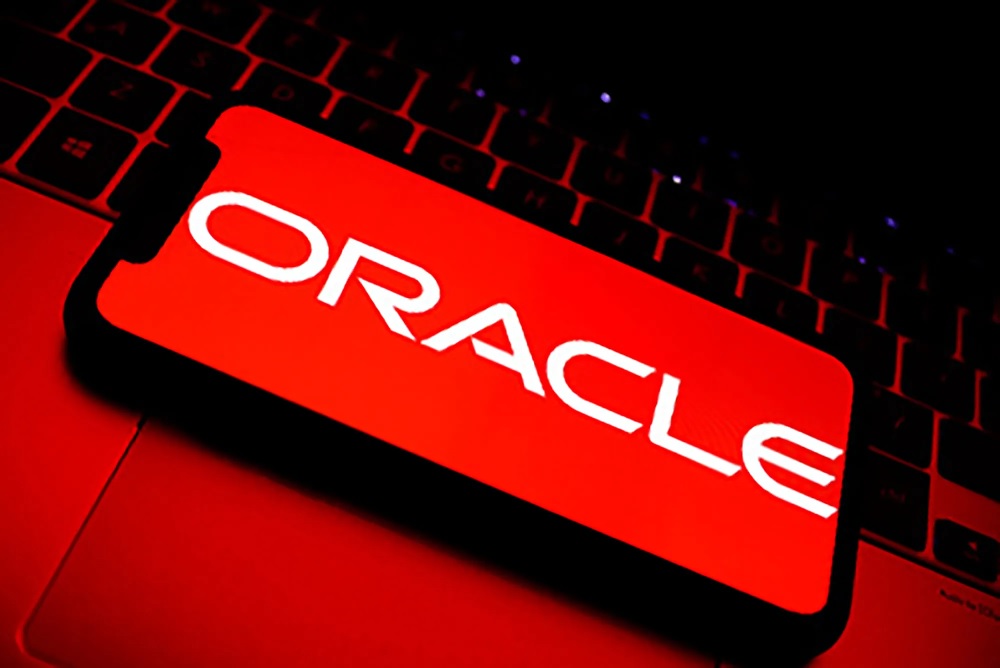Oracle Just Announced its Biggest Acquistion Ever
In what is Oracle’s biggest acquisition ever, the world’s largest database management company is buying medical records company Cerner.
Oracle will buy electronic medical records company Cerner in an all-cash deal for $95 per share, or approximately $28.3 billion in equity value.
The deal is expected to close in calendar year 2022 and could help Oracle boost its presence in health care by bringing troves of health data to its cloud services.
Oracle shares landed in the red 5% on Monday after both companies revealed the news.
Oracle said the acquisition will be immediately accretive to the company’s earnings on a non-GAAP basis in the first full fiscal year after closing. It expects Cerner to be “a huge additional revenue growth engine for years to come,” it added.
The two companies say they see big opportunities to expand cloud, AI and machine learning applications for Cerner’s healthcare clients. Oracle says its goal is to deliver “zero unplanned downtime in the medical environment.”
“Oracle’s Autonomous Database, low-code development tools, and Voice Digital Assistant user interface [enable] us to rapidly modernize Cerner’s systems and move them to our Gen2 Cloud,” remarked Mike Sicilia, executive VP of vertical industries at Oracle.
“This can be done very quickly, because Cerner’s largest business and most important clinical system already runs on the Oracle Database. No change required there. What will change is the user interface. We will make Cerner’s systems much easier to learn and use by making Oracle’s hands-free Voice Digital Assistant the primary interface to Cerner’s clinical systems.”
According to Paddy Padmanabhan, founder and CEO of Damo Consulting, Oracle has been slow to tap into the cloud opportunity landscape relative to other big tech firms, and the Cerner acquisition may provide the boost it needs to become a strong contender in an emerging space with significant headroom for growth.”
“Oracle’s ERP products have a considerable footprint in the healthcare space, especially health systems, so adding a dominant EHR platform to the portfolio may make sense on the face of it,” he said. “However, ERP and EHR are entirely different in their applications, and Oracle definitely does not have a background on the clinical workflow space that is critical for an EHR platform player.”
“While the deal’s benefits are somewhat obvious for Oracle, it’s not clear what it means for Cerner,” he added. “Cerner has reportedly struggled to grow in the core EHR space and has had executive turnover that has slowed the business. More recently, the company has also started dabbling in the data monetization space using its repository of patient medical information.
“In a sense, Cerner was already looking at life beyond EHR, and this acquisition may be the next big step in that journey. The question may be whether Cerner will lose its identity altogether once it is merged with Oracle or whether it will remain a strong independent brand.”
Disclaimer: We have no position in any of the companies mentioned and have not been compensated for this article.


